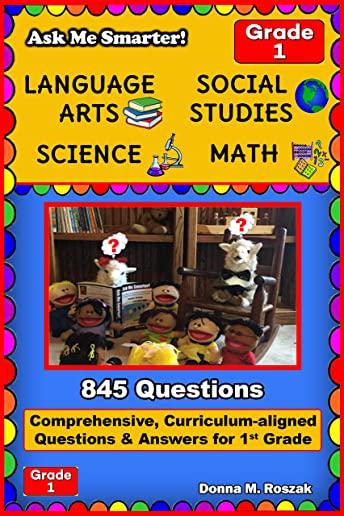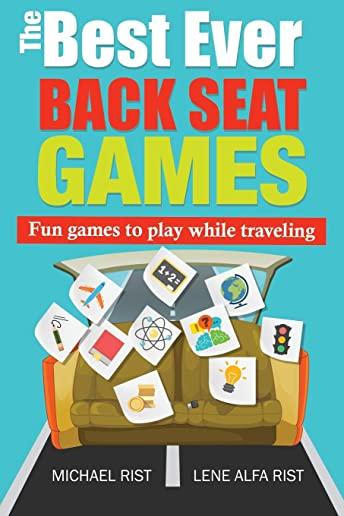
Roszak, Donna M.
This CORE AREA resource provides parents, teachers, and homeschooling families with hundreds of progressive questions and answers that align with 1st Grade learning targets and content standards in Language Arts, Social Studies, Math and Science.
LANGUAGE ARTS: Many of these ELA questions encompass SIGHT words, spelling, phonics, readings, songs, rhymes, opposites, and essential grammar facts. Specific questions include (but not limited to): consonants; vowels, long and short; sounds; making words plural or singular; correct word usage; basic punctuation; rhyming words; antonyms; compound words; basic parts of speech; contractions; story sequencing; popular sayings; fact vs. opinion; identifying literary genres; and 1st grade SIGHT words.
SOCIAL STUDIES: Many of the social studies questions encompass geography, history, peoples, regions, and cultures. Specific 1st Grade questions include (but not limited to): the cardinal directions: local city, community, state, and country; American holidays; customs and traditions; wants vs. needs; currency value; and community jobs.
CIVICS: The focus of this chapter is to prompt children to think about all levels of government, the role of the citizen, and the importance of becoming contributing members of the community, the state, and the nation.
SCIENCE: The science questions encompass a wide array of scientific topics including astronomy, biology, chemistry, Earth science, ecology, geology, physics, weather/climate, and zoology. Specific 1st Grade questions include (but not limited to): Earth, Sun, planets, and stars; north and south poles: sound; light; plants; flowers; animals; habitats; weather and climate; weather instruments; and experiments. These learning standards can easily be applied to the outside world. Exploration and experimentation are highly encouraged
MATH: These questions encompass math skills, arithmetic, algebra, geometry, operations, time, and money. Specific 1st Grade questions include (but not limited to): skip-counting; number sequencing; odds and evens; geometric shapes; greater to, less than, or equal to; basic addition and subtraction; patterns; estimation; place value; calendar; time; ordinal numbers; word problems; measurement; basic geometry; money value and problems; Roman numerals; probability; and range, mode, and median. Allowing for paper and pencil computation, and actually looking at the math questions is encouraged if need be
Why Ask Me Smarter? Because it is kid-engaging in that the BRAIN cannot resist a question Because it is a simplified and stream-lined format in interpreting an elementary school curriculum and prescribed learning targets Because learning is optimized through progressive questioning and spaced retention Because many of the questions reflect "I CAN" statements per grade level. Because it is a simple but important resource that serves to empower children with essential knowledge, making knowledge FUN-da-men-tal







